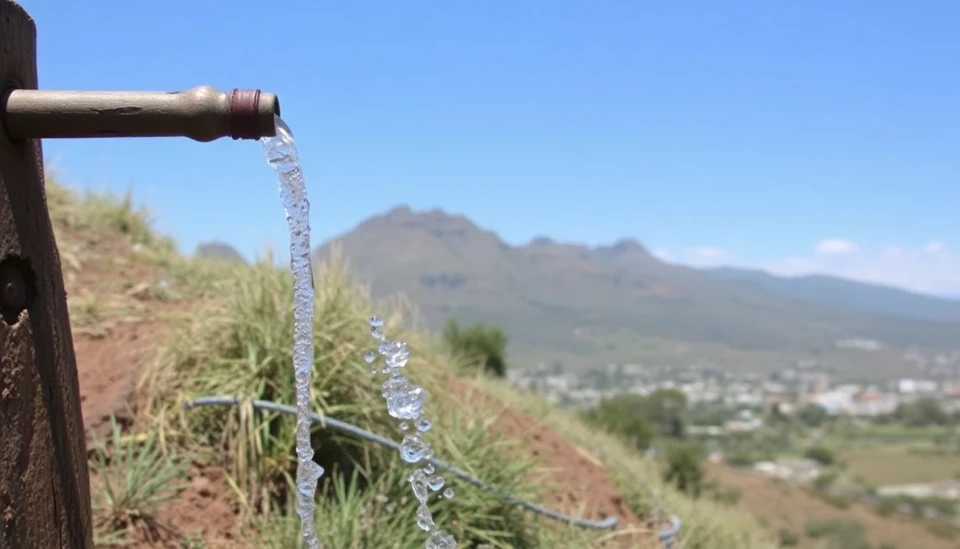
The South African port city of Durban has recently implemented water rationing measures to manage the escalating demand for this vital resource. This decision comes in response to ongoing challenges surrounding water availability amidst climate change and rising urban populations, which have stressed the city’s already strained water supply system.
Durban, one of South Africa’s major urban centers, has witnessed a significant increase in water consumption due to a growing population and heightened economic activities. As a result, local authorities have raised urgent concerns about the sustainability of their water resources. In light of these challenges, officials decided to introduce rationing tactics aimed at curbing excessive usage and ensuring equitable distribution for all residents.
Water shortages are not a new phenomenon in Durban, but the current situation has reached a critical point, prompting city planners and environmental specialists to explore immediate and long-term solutions. The city has started to implement specific water-use restrictions, which include limits on activities such as washing cars, filling pools, and watering gardens. These regulations are expected to promote conservation while raising awareness about the importance of responsible water use.
The city’s water management strategy also integrates potential infrastructure improvements and the introduction of sustainable practices to enhance water resilience. Stakeholders are emphasizing the necessity of investing in modern filtration systems and upgrading existing pipelines to reduce leaks and inefficiencies that have plagued the city for years.
Furthermore, community education initiatives are being launched to encourage residents to adopt water-saving habits and techniques. Local authorities are working to foster a culture of water conservation through workshops and informational campaigns, aiming to engage citizens in the larger conversation about sustainability and the importance of protecting their natural resources.
Experts warn that the water crisis in Durban is a microcosm of a larger environmental challenge facing cities across South Africa, where droughts and erratic rainfall patterns linked to climate change are becoming increasingly common. As urban populations continue to grow, cities are forced to seek innovative solutions to manage their water supply effectively.
As the situation in Durban evolves, it serves as a stark reminder of the importance of proactive water management strategies. The recent measures mark an essential step towards safeguarding not just the immediate needs of the population but also the long-term sustainability of water resources in the region.
In conclusion, the water rationing initiative in Durban highlights the pressing urgency for local governments, communities, and environmental advocates to unite in addressing water scarcity challenges, fostering a greater understanding of resource conservation in the face of climate unpredictability.
#DurbanWaterCrisis #WaterRationing #SustainableCities #ClimateChange #WaterConservation #SouthAfrica
Author: Peter Collins




